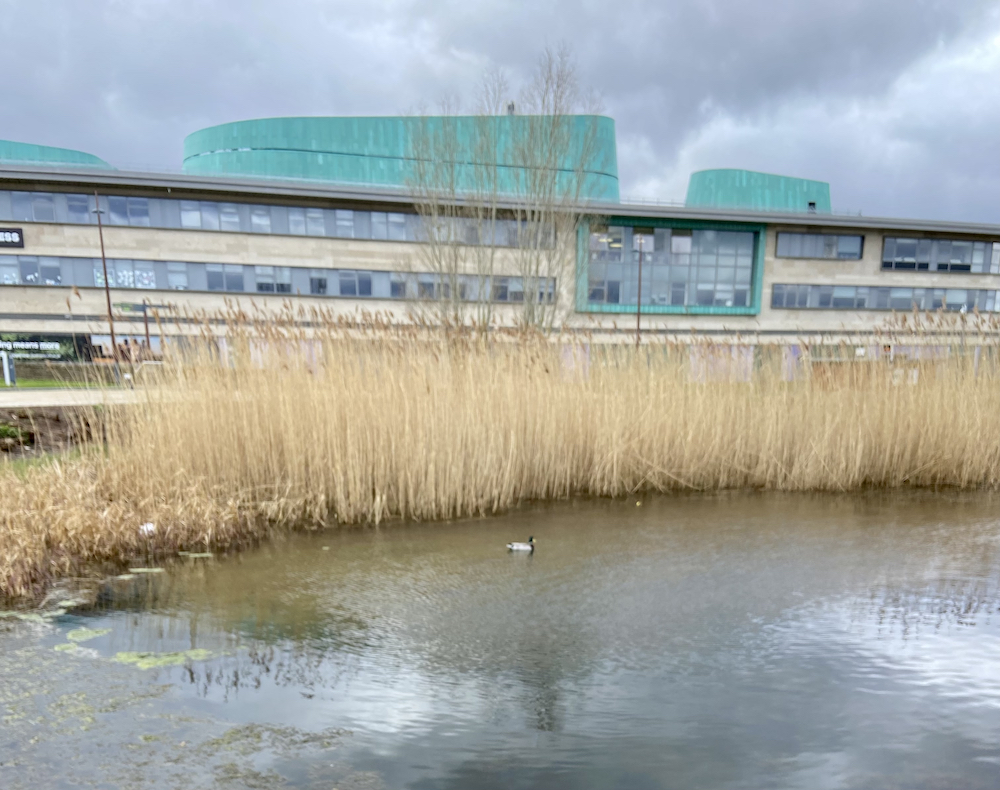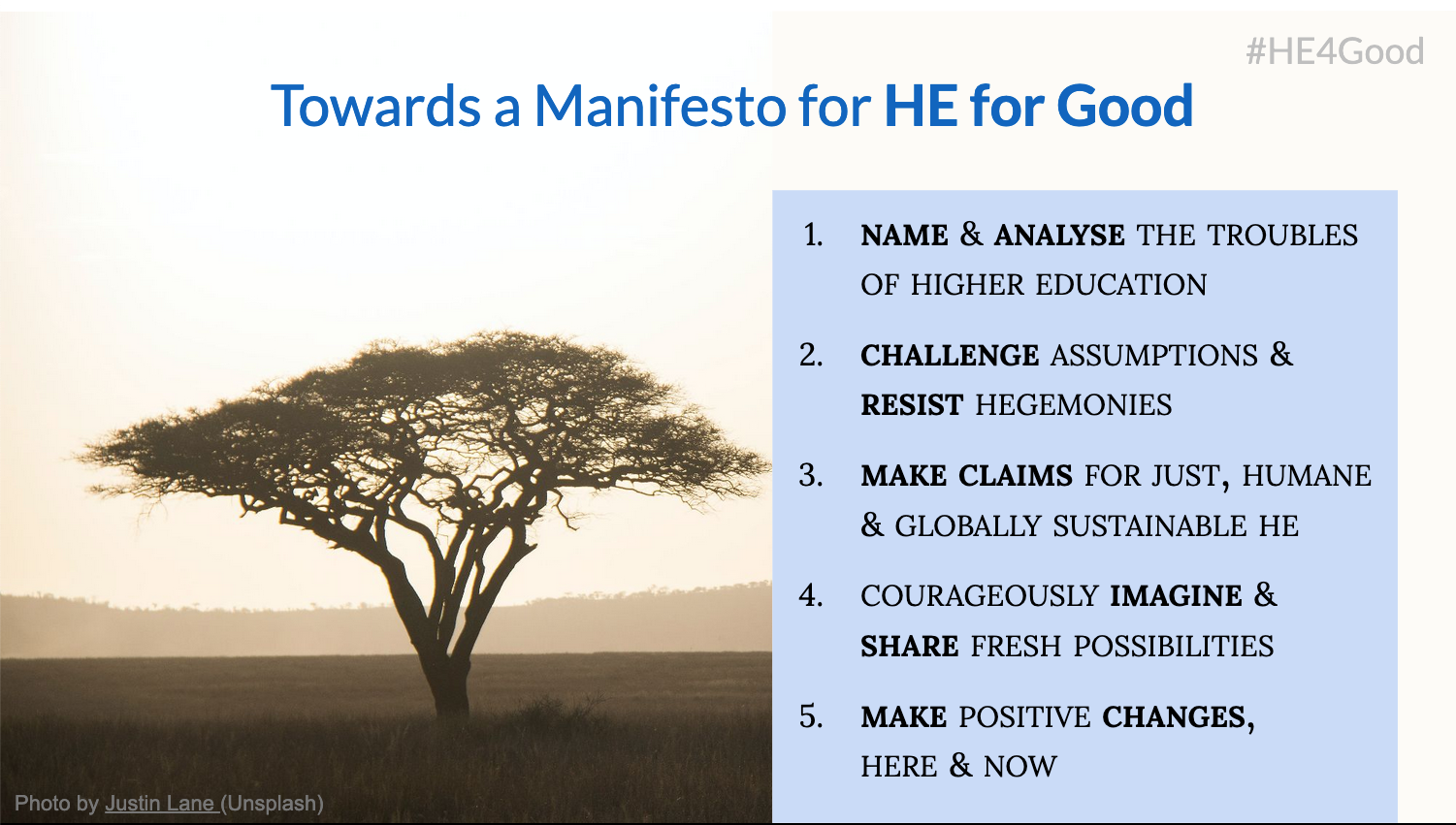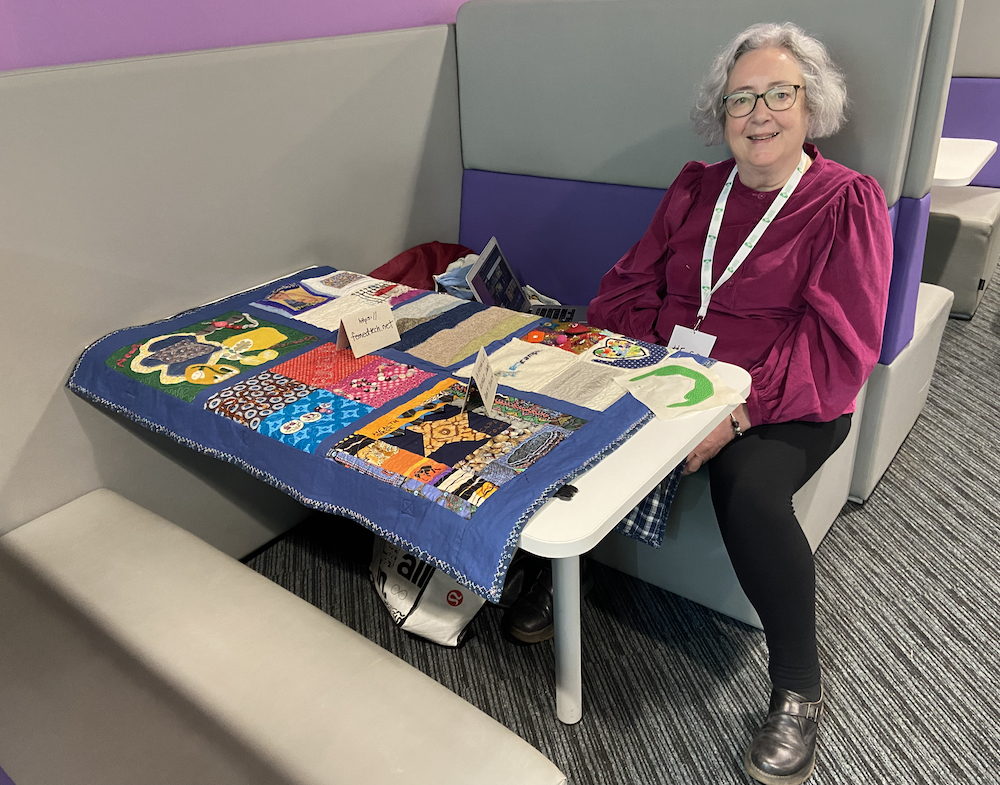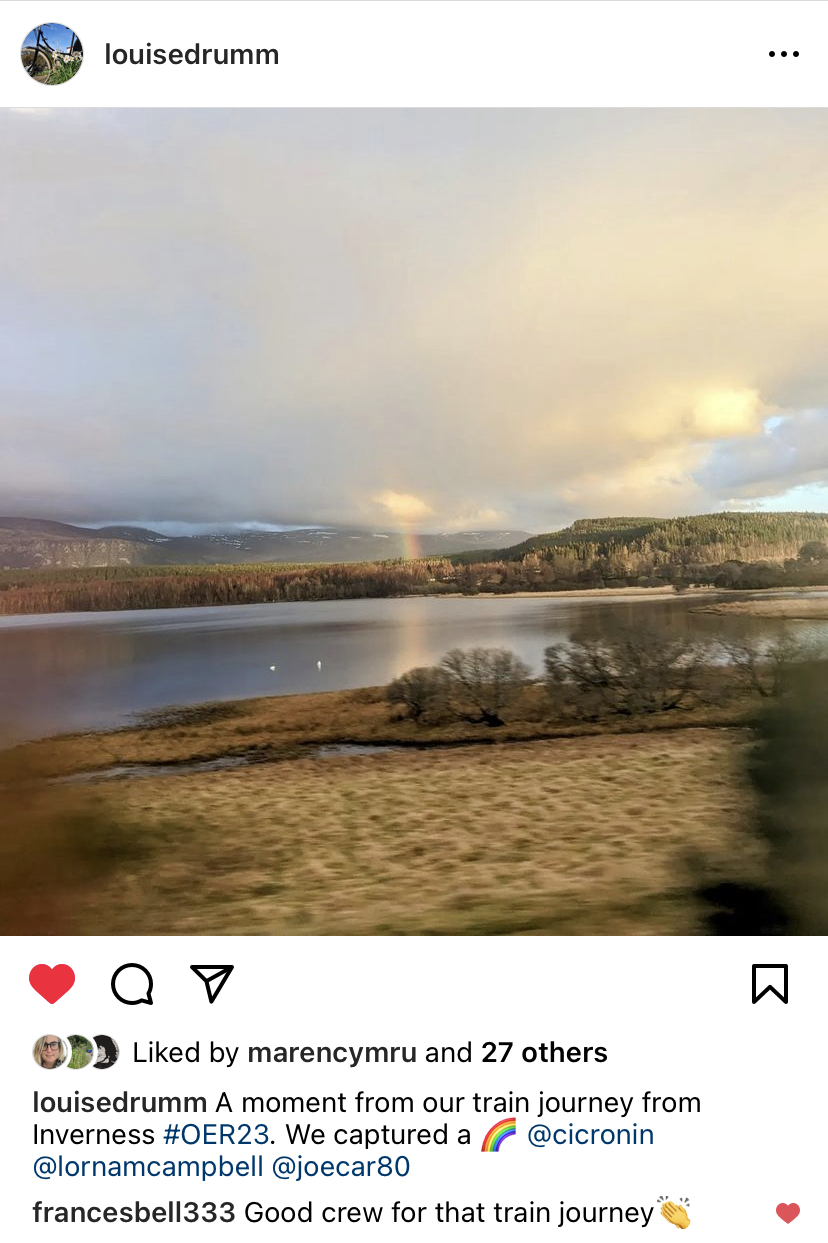OER23 Conference: Imagining hopeful futures
I’m a bit late with this OER23 reflection, it’s taken me a couple of weeks to catch up with myself and to let some of the ideas generated by the conference percolate.
It was fabulous to see the OER Conference returning to Scotland for the fist time since we hosted it at the University of Edinburgh in 2016, and I was particularly pleased to see the conference visit the University of the Highlands and Islands in Inverness. Inverness holds a rather special place in my heart as the site of many childhood holidays (it seemed like such a big city compared to Stornoway!) and as a stopping off point on annual journeys home to the Hebrides. I had a slightly weird feeling of nostalgia and home-sickness while I was there, it was odd being in Inverness and not traveling on further north and west. Perhaps not coincidentally, sense of place and community were two themes that emerged throughout the conference.
As one of the few universities in Scotland with a strategic commitment to open education, including an OER Policy and a Framework for the Development of Open Education Practices, UHI was a fitting venue for the conference. Keith Smyth and his UHI colleagues were the warmest of hosts and the airy Inverness campus was a beautiful location with plenty of space to breathe, think, and (re)connect. It was lovely seeing so many colleagues from around the world experiencing a Highland welcome for the first time.

UHI Inverness, CC BY, Lorna M. Campbell
One of the main themes of the conference was “Open Education in Scotland – celebrating 10 years of the Scottish Open Education Declaration” and Joe Wilson and I ran both a pre-conference workshop and the closing plenary panel to reflect on progress, or not, over the last ten years and to map a way forward. I’ll be reflecting on these discussions in another post.
Rikke Toft Nørgård opened the conference with a fantastic and fantastical keynote on “Hyper-Hybrid Futures? Reimagining open education and educational resources Places // Persons // Planets” (slides, recording) that challenged us to imagine and manifest transformative speculative futures for education. Her call for “open hopepunk futures in grimdark times” clearly resonated with participants. Rikke described hopepunk as a sincerely activist approach to fighting for a more hopeful future. I particularly liked her vision for place-ful OERs; education that has a home, that belongs and dwells in placefulness, being some-where, not any-where.
.@RikkeToftN Glimpsing 3 hopepunk futures in grimdark times. #OER23 pic.twitter.com/5jSxICsKWD
— Lorna M. Campbell (@LornaMCampbell) April 5, 2023
Anna-Wendy Stevenson also picked up on this idea of belonging and placefulness in her keynote “Setting the Tone: The democratisation of music eduction in the Highlands and Island and beyond” (recording). Anna-Wendy is the course leader of UHI’s award-winning BA in Applied Music, a blended learning course that enables students to study music in their own communities while providing opportunities for both virtual and place based residencies in the Outer Hebrides and beyond. Having grown up in the Hebrides I appreciate the importance of having the opportunity to study at home, and the benefits this can bring to students and the community. I left the islands to go to university and, like many graduates, never returned. While eighteen-year-old me wouldn’t have passed up on the opportunity to move to “the mainland” in a month of Sundays (IYKYK), I would have jumped at the chance if there had been a possibility to go back home to continue studying archaeology at postgraduate level. It’s wonderful that students now have that opportunity. After Anna-Wendy’s keynote, it was lovely to hear her playing traditional Scottish music with some of her students who have benefited from this place-based approach to music education.
It was great being able to attend the conference with a group of colleagues from the University of Edinburgh, several of whom were experiencing the conference for the first time. Fiona Buckland and Lizzy Garner-Foy from the Online Course Production Service gave a really inspiring presentation about the University’s investment in open education, which has resulted in 100 free short online courses and over 1000 open educational resources (OER) that have benefited almost 5 million learners over the last 10 years. It makes you proud 
Over the last 10 years @EdinburghUni has created 100 free short online courses and over 1000 open media OERs. https://t.co/EHNMLTSgtX #OER23 pic.twitter.com/T3sCycs9uu
— Lorna M. Campbell (@LornaMCampbell) April 5, 2023
Tracey Madden told the story of the University’s digital badges pilot project and the challenges of developing a sustainable service that assures both quality and accessibility. Stuart Nicol and I shared the university’s experience of transforming the curriculum with OER and presented case studies from the fabulous GeoScience Outreach course and our indefatigable Wikimedian in Residence (slides). We shared a padlet of open resources, along with staff and student testimonies, which you can explore here: Open For Good – Transforming the curriculum with OER at the University of Edinburgh.
The Edinburgh team also had a really productive meeting with a delegation of colleagues from a wide range of institutions and organisations in the Netherlands to share our experiences of supporting open education policy and practice at institutional and national level in our respective countries.
As with so many OER Conferences, hope and joy were prominent themes that were woven into the fabric of the event. Catherine Cronin gave us an update on the eagerly anticipated book Higher Education for Good: Teaching and Learning Futures, which she has been editing with Laura Czerniewicz.

Prajakta Girme spoke about “Warm Spaces”; open multicultural space, or “pockets of community” for vulnerable communities and non-students within the university environment. Frances Bell and Lou Mycroft asked how we can use feminist posthuman storytelling to promote activism in FemEdTech and open education, challenging us to develop “productive approaches to exploring uncertain educational futures critically, retaining the pragmatic hope offered by Posthuman Feminism.” Frances had brought one of the Femedtech quilts (it was lovely to see my Harris Tweed square at home in the Highlands) and she invited us to write speculative futures for the quilt assemblage. You can read my micro-speculative future on femedtech.net here: Reconnecting with Joy.

Frances Bell and the Femedtech quilt, CC BY, Lorna M. Campbell
I also had a really lovely conversation with Bryan Mathers of Visual Thinkery about our shared experience of reconnecting with our Gàidhlig / Gaeilge language and culture. His Patchwork Province zines had me laughing and nodding along in rueful recognition.
I always leave the OER Conferences inspired and hope-full and this year it was lovely to end the conference by sharing a quiet, reflective train journey home through the Highlands with Catherine, Joe and Louise Drumm, who captured this beautiful image.



